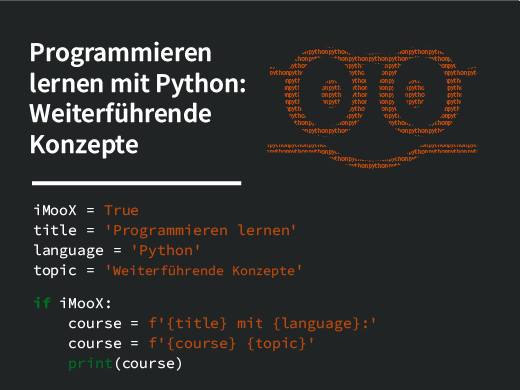Learn Programming with Python: Additional concepts
Course start: 9. квітня 2025
Learn Programming with Python: Additional concepts
DI Corinna Kindlhofer BA BSc
DI Dr. Josef Wachtler BSc
Mag. Benedikt Neuhold
Mag. Gerald Geier BSc
Scientific classification:
Course start: 9. квітня 2025
Learn Programming with Python: Additional concepts
DI Corinna Kindlhofer BA BSc
DI Dr. Josef Wachtler BSc
Mag. Benedikt Neuhold
Mag. Gerald Geier BSc
-
Scope: 4 units
-
Effort: 2 hours/week
-
Current participants: 491
-
Licence: CC BY 4.0
-
Course start: 9. квітня 2025
-
Course end: -
-
Current status: Ongoing course
-
Available languages:
Course details
Course content
This MOOC (Massive Open Online Course) covers advanced concepts in Python. Building on the content of the 1st course ‘Learn Programming with Python: Basics’, we will learn further central concepts of the Python programming language step by step. Interactive videos and numerous practical programming examples are used to promote understanding of the content. This course is ideal for beginners with a basic knowledge of Python who want to expand their knowledge.
The course is divided into four consecutive lessons: In the first lesson, basic Python programming topics from the first course are repeated for deeper understanding. In the second lesson, we will focus on two data structures that are frequently used in Python programming: lists and dictionaries. In the third lesson, we will look at functions and show you how you can make your code modular and reusable. In the fourth and final lesson, we will look at how to work with files and take a closer look at CSV data.
Learning goals
After completing this course, you will have gained a basic understanding of the concepts presented and are able to apply these concepts directly in practice.
At the end of this course, you will be able to...
- use strings and apply their methods and use loops effectively.
- use lists and dictionaries as well as their methods and combine the two data structures.
- create functions, modules and packages.
- read and edit files.
- handle CSV files.
With these skills, you will be able to solve more complex tasks with Python and design your programs in an efficient and structured way.
Prerequisites
Basic knowledge of Python (variables, conditional statements, loops and data types), ideally completion of the course ‘Learn Programming with Python: Basics’.
Certificate
For actively participating in the course you will receive an automatic certificate which includes your name, the course name as well as the completed lessons. We want to point out that this certificate merely confirms that you answered at least 75% of the self-assessment questions correctly.
Licence
This work is licensed under Creative Commons - 4.0 International (CC BY 4.0)
Course Instructor
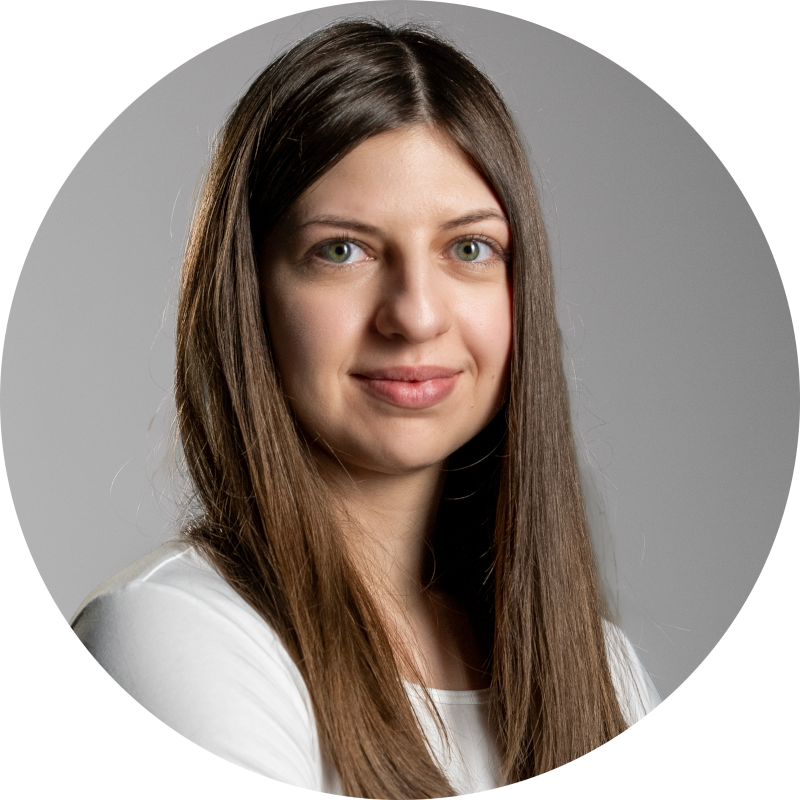
DI Corinna Kindlhofer BA BSc
She completed her master's degree in computer science at Graz University of Technology. Prior to that, she completed a bachelor's degree in marketing and sales and a bachelor's degree in computer science. She works for a company in Graz, where she regularly uses Python for various applications.
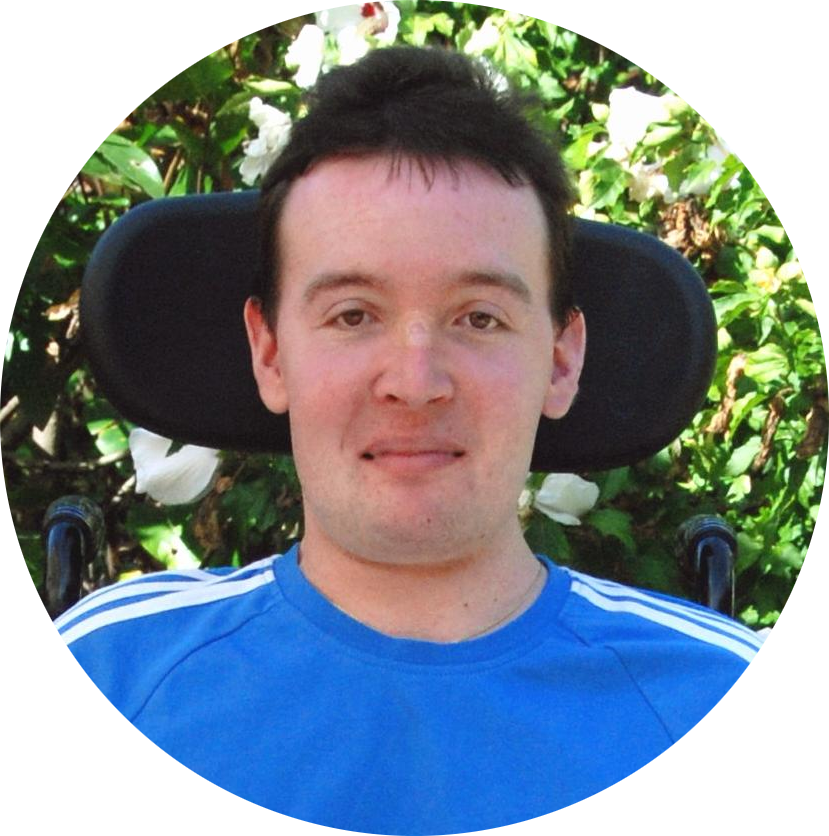
DI Dr. Josef Wachtler BSc
He is currently working at the Department Educational Technology at Graz University of Technology. His research interests are in the field of video based learning supported by interactive content used in different settings like schools, universities or MOOCs.
He is in charge of the technical aspects of a project where learning apps for children are developed and evaluated. The support of bachelor and master theses is also part of his professional duties.
He has a lot of experience as a software engineer and developer with a focus on developing for the web. He loves python.
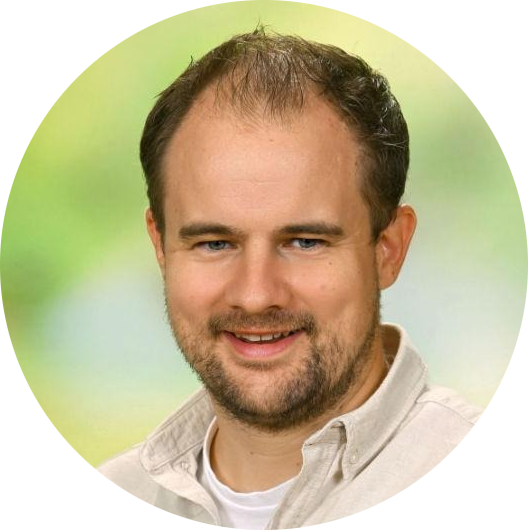
Mag. Benedikt Neuhold
He is a teacher at BG/BRG/BORG Hartberg, where he teaches computer science, basic digital literacy, and mathematics. He takes great pleasure in imparting not only theoretical knowledge to his students, but also practical applications, in order to prepare them optimally for the challenges of the modern, digital world.
In addition to his work at BG/BRG/BORG Hartberg, Benedikt Neuhold also teaches at the University of Education in the university course for basic digital literacy and in teacher training. There, he trains prospective teachers in the latest methods and technologies of digital education to ensure that their classrooms also offer contemporary and innovative teaching.
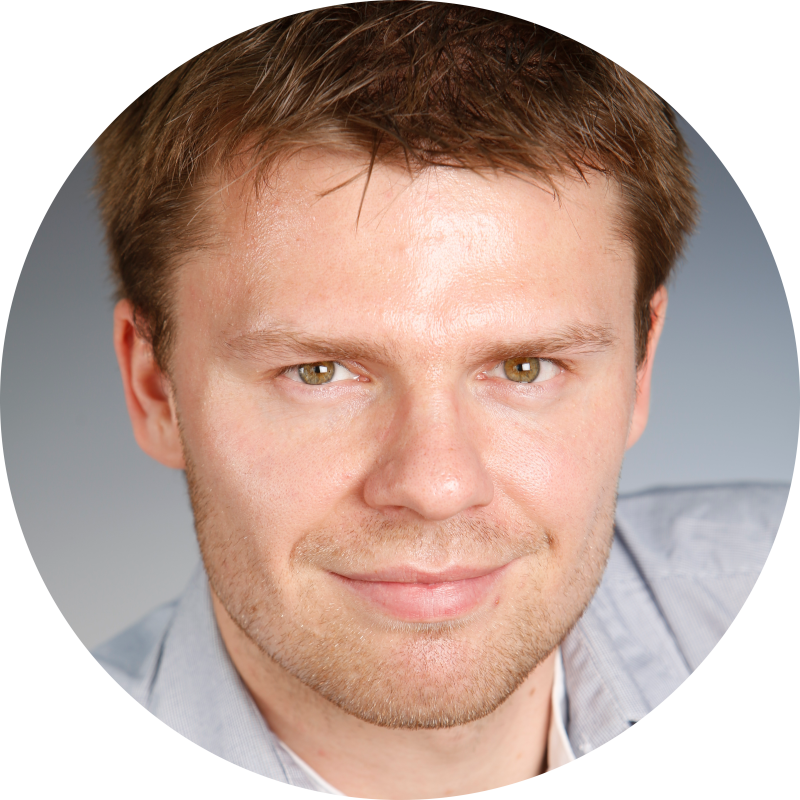
Mag. Gerald Geier BSc
He works as a training coordinator in the Department of Computer Science/Digital Education at the Institute for Digital Media Education at the University of Teacher Education Styria. He is in charge of the university course in digital basic education and is jointly responsible for the planning and implementation of the continuing education courses. Furthermore, he holds lectures in the field of computer science didactics and deals with the holistic integration of digital education in schools.
His professional activities are rounded off by his work as a teacher for computer science/mathematics at the BG/BRG/BORG Hartberg and as a course leader for digital personal and organizational development at the Danube University Krems.
Partners

